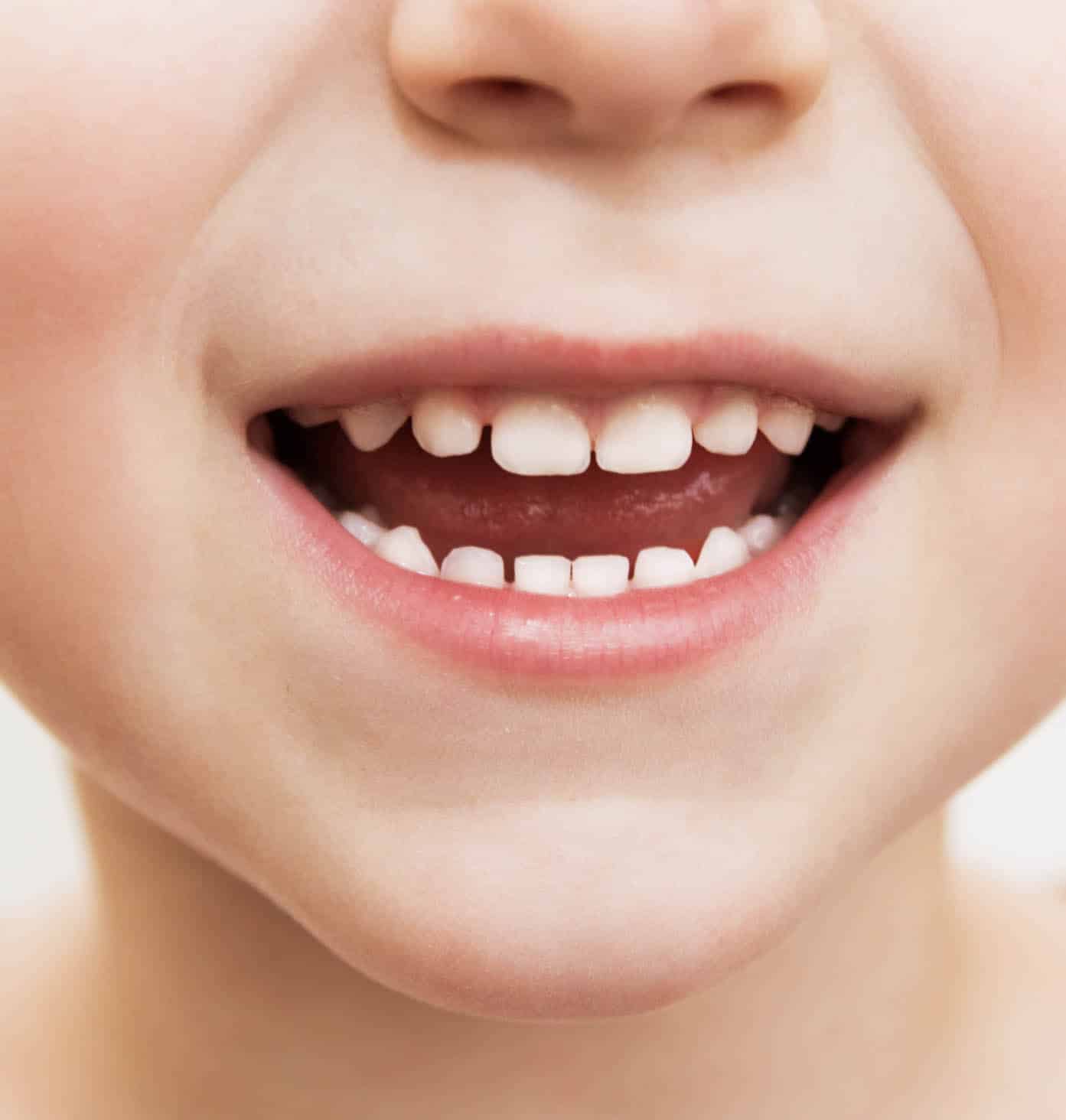 Source: bing.com
Source: bing.comTable of Contents
The Importance of Baby Teeth
As a new parent, you’ve probably heard about the importance of baby teeth, but you may not know all the details. Baby teeth are not just for looks; they also play a crucial role in your child’s development. Baby teeth are essential for proper nutrition, speech development, and even the alignment of adult teeth.
Baby teeth help your child chew and digest food properly. Without them, your child may have trouble eating certain foods, which can lead to nutritional deficiencies. Baby teeth also help with speech development. As your child learns to speak, their tongue and lips work together to form sounds. Baby teeth provide a surface for the tongue and lips to touch, helping your child learn to form sounds correctly.
Finally, baby teeth play a critical role in the development of adult teeth. Baby teeth help guide adult teeth into the correct position, ensuring that they come in straight and properly aligned. If baby teeth are lost too early, adult teeth may grow in crooked or crowded, which can cause problems later in life.
When Do Baby Teeth Come In?
The timing of baby teeth can vary, but most children will start getting their first teeth between six and twelve months of age. The first teeth to come in are usually the lower front teeth, followed by the upper front teeth.
By age three, most children will have a full set of 20 baby teeth. These teeth will start to fall out around age six, making way for the adult teeth to come in.
Caring for Baby Teeth
Caring for baby teeth is essential to your child’s oral health. Here are some tips to keep your child’s teeth healthy:
Start brushing early: As soon as your child’s first tooth comes in, you can start brushing with a soft-bristled toothbrush and water.
Limit sugary foods and drinks: Sugary foods and drinks can cause tooth decay. Try to limit your child’s intake of sugary snacks and drinks.
Don’t put your child to bed with a bottle: Putting your child to bed with a bottle of milk or juice can cause tooth decay. If your child needs a bottle at bedtime, fill it with water instead.
Take your child to the dentist: Your child should have their first dental visit by age one. Regular dental checkups are essential to your child’s oral health.
Dealing with Teething
Teething can be a challenging time for both parents and babies. Here are some tips to help you and your baby through the teething process:
Use a cold compress: Applying a cold compress to your baby’s gums can help ease the pain of teething.
Gently massage your baby’s gums: Massaging your baby’s gums with a clean finger can help relieve teething pain.
Give your baby something to chew on: Chewing on a clean, cool teething ring or a damp washcloth can help soothe your baby’s gums.
Use a teething gel: Teething gels can help numb the gums and relieve teething pain. However, you should talk to your pediatrician before using any teething gels.
The Bottom Line
Baby teeth play a crucial role in your child’s development. By taking care of your child’s teeth and addressing any issues early, you can set your child up for a lifetime of healthy oral hygiene. Remember to start brushing early, limit sugary foods and drinks, take your child to the dentist regularly, and be patient during the teething process.
Frequently Asked Questions
Q: What should I do if my child’s baby teeth come in crooked?
If your child’s baby teeth come in crooked, it’s essential to talk to your dentist. Early intervention can help guide adult teeth into the correct position, preventing more extensive orthodontic work in the future.
Q: When should my child start flossing?
Your child should start flossing as soon as they have two teeth that touch. Flossing is essential for removing plaque and food particles that brushing alone cannot reach.
Q: Is it normal for my child to lose baby teeth before age six?
While most children start losing their baby teeth around age six, some children may lose them earlier or later. If you have concerns about your child’s teeth, talk to your dentist.
Q: What should I do if my child is afraid of the dentist?
It’s common for children to be afraid of the dentist. Talk to your child about what to expect, and try to make the visit as fun and stress-free as possible. Many dentists specialize in working with children and can provide a positive dental experience.
Q: How often should my child see the dentist?
Your child should see the dentist every six months for regular checkups and cleanings. However, your dentist may recommend more frequent visits if your child has dental issues that need to be addressed.
